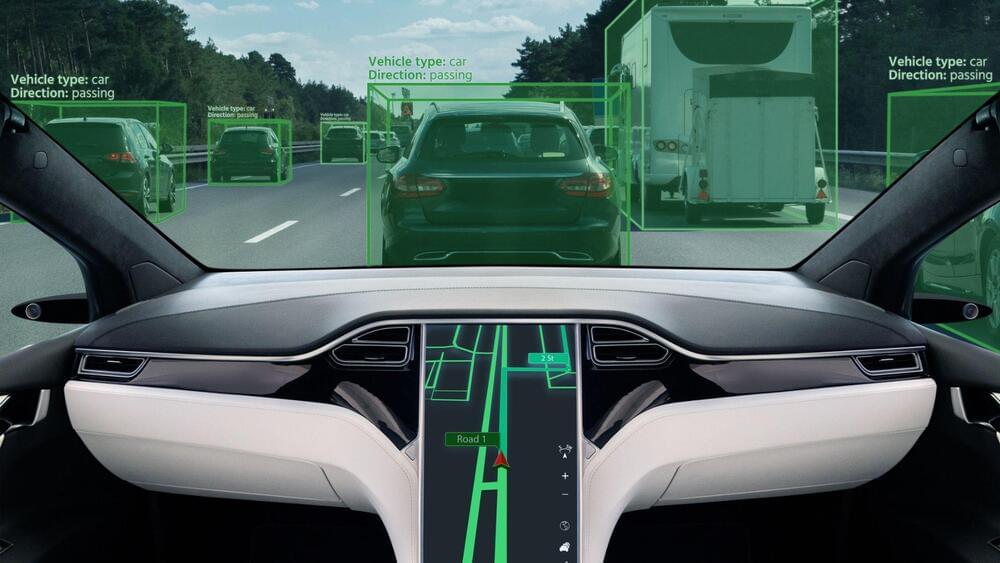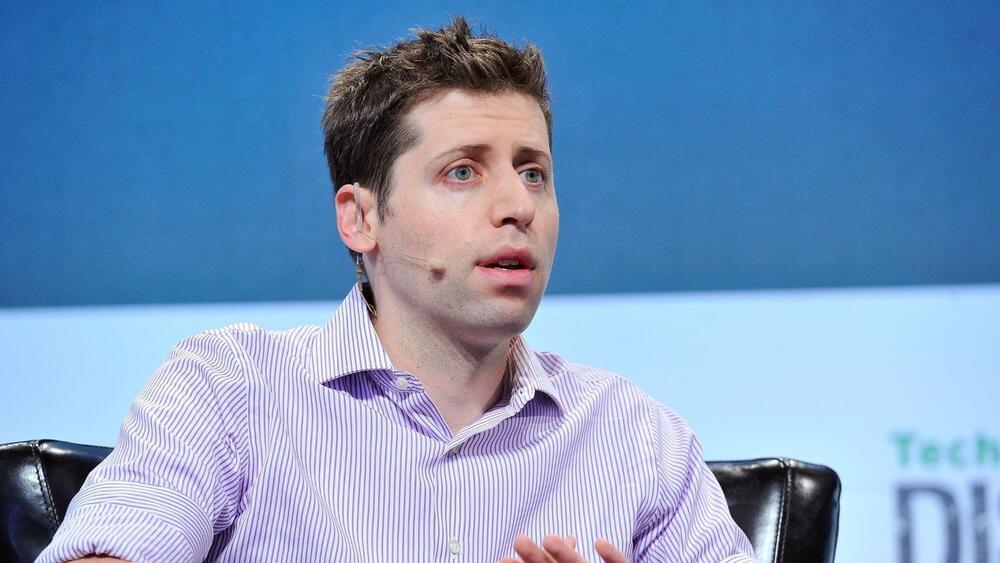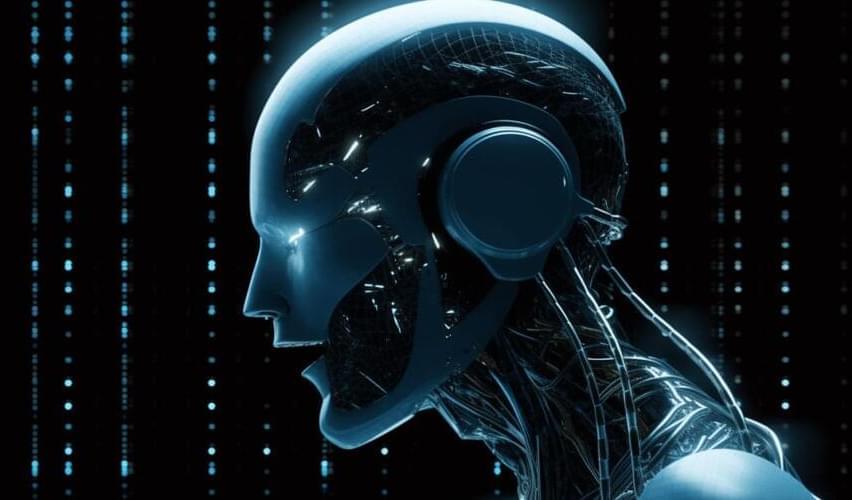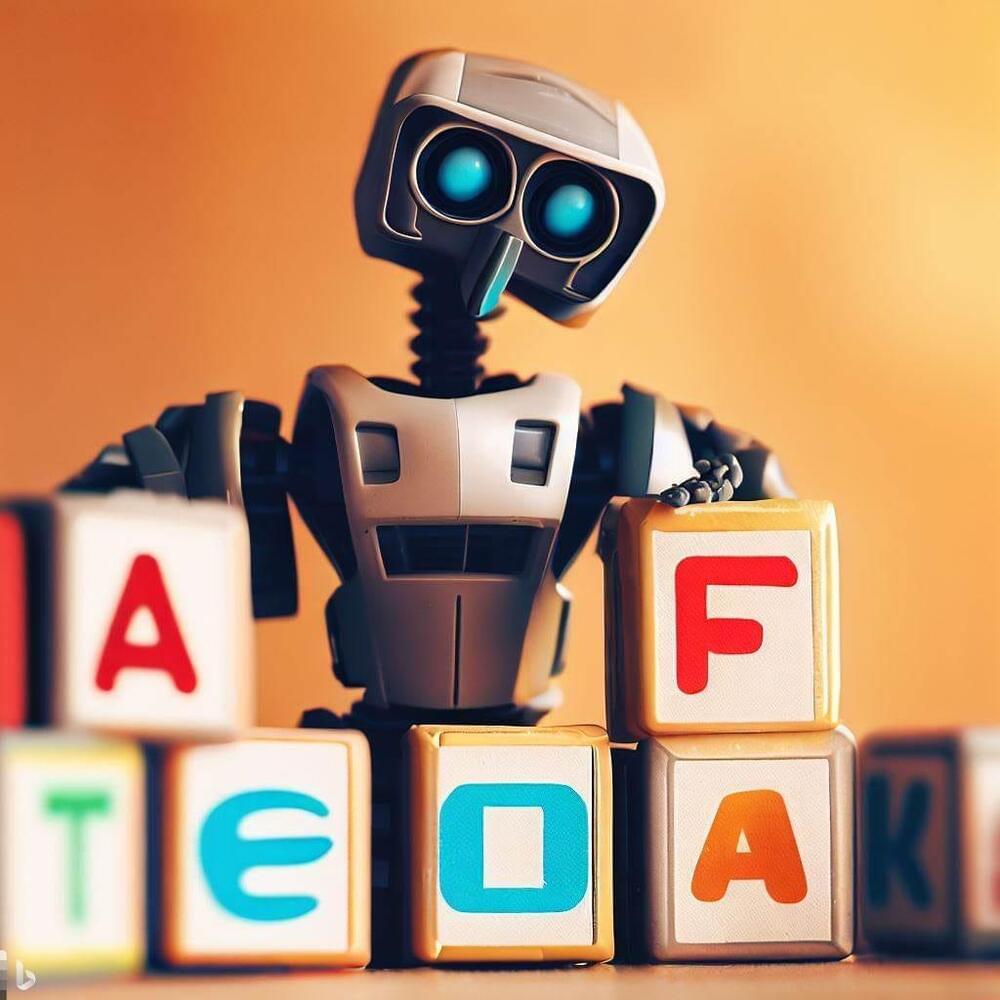BEIJING, Aug. 24, 2023 /PRNewswire/ — On August 22, the 2023 World Robot Conference (WRC), which was held in Beijing with the theme of “Spurring Innovation for the Future,” came to a big success. The 2023 World Robotics Expo and the 2023 World Robot Contest took place at the same time, bringing together about 160 robotics companies and scientific research institutions from around the globe, and showcasing close to 600 advanced technologies and products, over 320 representatives from international organizations, academicians, renowned experts, and entrepreneurs at home and abroad have been invited to attend.
As a general robotics company, Dreame Technology took center stage for the first time at the World Robot Conference. It unveiled a wide range of robots, including general-purpose humanoid robots, consumer-grade bionic quadruped robots, industrial-grade quadruped robots, wireless Robotic Pool Cleaner, commercial food delivery robots and floor-cleaning robots. This range highlighted Dreame’s broad competitiveness across the fields of R&D for robotic ecosystems and technologies, supply chains, production and manufacturing, talent development, and commercialization.





